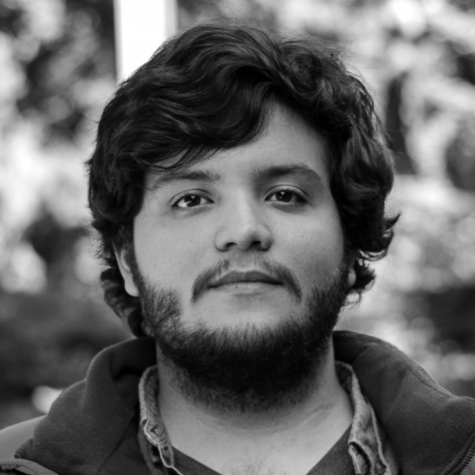Secondhand Suicide
June 1, 2019
HOW MY FRIENDS AND I FACED SUDDEN LOSS
Disclaimer: If you or a loved one are facing suicidal thoughts, please call the National Suicide Prevention Lifeline, which is available 24 hours a day: 1-800-273-8255
Near the halfway point of my senior year in high school, one of my friends killed himself. He locked himself up in his bathroom and never came out, leaving behind no reasoning for his decision.
Immediately upon hearing what he’d done, nothing felt real. Everything felt numb, I couldn’t feel my feet touching the ground after every step. But the situation was very real.
Back then, despite all the sadness and sense of tragedy permeating the room, I didn’t really foresee the consequences that my friend’s suicide would have on the people who survived him. His family and many of his friends would never be the same.
I quickly learned that I wasn’t alone in feeling overwhelmed: Both the service and the funeral were full of people devastated by such a sudden loss wondering what they could’ve done.
I heard this last sentiment repeated over and over again from friends and family alike. Phrases such as, “He looked so normal when I last talked to him!” In my case, my thought was: “I saw him struggling a bit on that last day… I saw him and I did nothing.”
I can’t really speak that much for the family, but the pain they went through seemed obvious. As for our friends, each person took it differently.
Some shut themselves off for weeks on end, refusing any sort of help. Some engaged in self-harm. Some relied on substances to cope with their sense of guilt. Others just decided to further sink themselves into the monotony of their daily lives, numbing their pain through sheer inanition.
I made it my mission to ensure their well-being, even forgetting to take proper care of myself at times. I was deathly afraid of it happening again.
I’d like to think that most of us have healed, but being a suicide survivor is a thorn in your side that you have to live with for a long time — if not for the rest of your life.
I saw that same thorn in my teachers, too. The supervisor who was in charge of the 97 seniors as a whole (a sort of liaison between educators and students, and very much like a father to the class) resigned the morning after my friend’s suicide.
Struggling through tears, he said he’d failed my friend and he’d failed us. In a way, he was echoing our collective sense of guilt: We all felt that we’d failed our friend. He later realized he had to be there for us and retained his position.
Struggling with Sudden Loss
In many cases, the suicide of a loved one doesn’t make sense to survivors. This makes grief a difficult and tumultuous path: It’s not the same as death from old age or disease, which isn’t any easier to accept, but there is a possibility of a bit more closure with more time.
In my friend’s case, there didn’t seem to be anything logical and there were no answers. He was the class clown. He had plans to become a dentist. When you looked at his life — on the surface at least — his decision seemed puzzling.
As mental health awareness month comes to an end, I’d like to point out that suicide survivors grieve differently and should be supported and treated differently.
It’s not enough to try to appease the sense of guilt that most survivors feel. Don’t try to fix their issues (you won’t), or make them promise not to behave in destructive ways to deal with their grief. It’s important to just listen.
The suicide of a loved one leaves indelible marks on survivors. It’s an especially cruel way to die, and anyone can fall prey to suicide. It leaves survivors depressed (spawning a whole new set of implications), and in rare cases, even cause chains of suicides among survivors.
In my view, closure has the power to soften the blow of a loss, and me and my friends never had that. All we really had during that time were each other. And that had to be enough.






